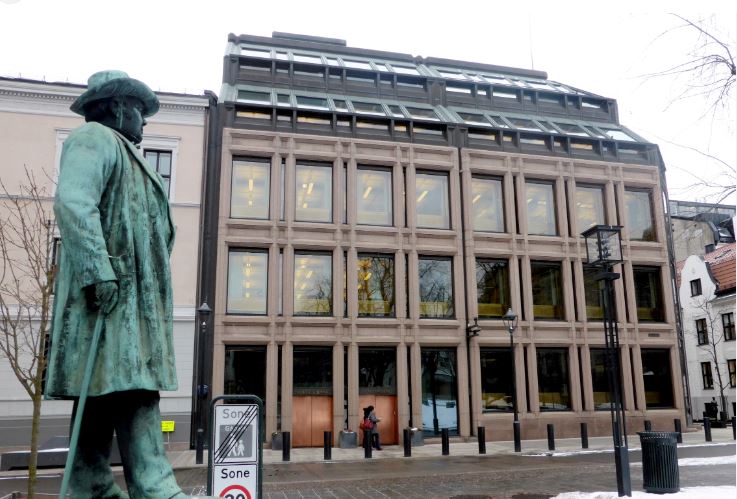The global economic downturn of 2008 particularly affected children and young people, especially those aged 15-24 who dropped out or were excluded from education, employment and training, according to the ENA Institute’s Social Development Bulletin.
In 2013 the percentage of young people in the EU who did not have access to the above was higher by 1.5 percentage points compared to 2009 (UNICEF, 2014). In Greece, this percentage almost doubled in five years (15.5% in 2009 to 28.1% in 2013).
It is worth noting that especially in Greece young people were the first for whom forms of work without collective guarantees were applied – such as vouchers -, the first for whom the minimum wage was applied, the first to find themselves in the frame of internal devaluation.
Impact of a pandemic crisis
In addition, the pandemic crisis does not have the same effect on all social and age groups. The effects of the pandemic and the policies pursued have shown that young people are more vulnerable than other age groups to crises, and this is because the most vulnerable social groups seem to be the losers of any adjustment in times of economic, political and social instability, according to ENA Institute.
It is therefore observed that while in several Member States youth unemployment follows a downward trend, in Greece it does not follow the linear downward trend of overall unemployment, but is quite high, as in 2020 it continued to record the second highest rate in the EU (34 , 3%) after Spain (38.3%), showing a deterioration compared to 2019 (33.9%). According to all the above, youth unemployment is a separate category-phenomenon, according to an analysis by the ENA Institute.
Today, according to the latest Eurostat data for February 2022, Greece has the first in youth unemployment with 31.1%, followed by Spain with 29.8%, Italy with 24.2% and Portugal with 19 , 9%.
The effects of the pandemic
The 2020 pandemic was a different kind of crisis for young people: “artificial restrictions” on economic activity (closures of shops and restaurants, for example) have particularly affected the sectors that employ a large proportion of young people with precarious contracts. Restrictions on social activities affected the social development and participation of young people, while the suspension of educational institutions did not allow them to take advantage of the opportunities offered to them to accumulate skills and educational capital.
In 2019, most young people in Europe worked in the hospitality and catering services sector (13%), followed by the wholesale and retail sectors (11%) and the health and social work sectors (11%). As the first two sectors were most affected by the reduced activity during the pandemic, young people working in these sectors were at higher risk of losing their jobs, as were young people working under fixed-term (36%) and part-time (22%) contracts.
Unemployed or economically inactive young people were more likely to experience housing insecurity (17% in the spring of 2021) and have difficulty meeting their daily needs (43%), as well as lack of savings (39%). However, more than half of them lived with their parents, which provided security for some vulnerable young people.
Regarding Greece, the Eurofound recently recorded the worst result with a difference in the percentage of young people who remained unemployed in the pandemic (30%).
This is, in fact, a negative first in Europe, but also in relation to other, older, age groups.


















![Ακίνητα: Σε ποια εξοχικά στρέφονται οι επενδυτές [ πίνακας]](https://www.ot.gr/wp-content/uploads/2026/02/property-scaled.jpg)























